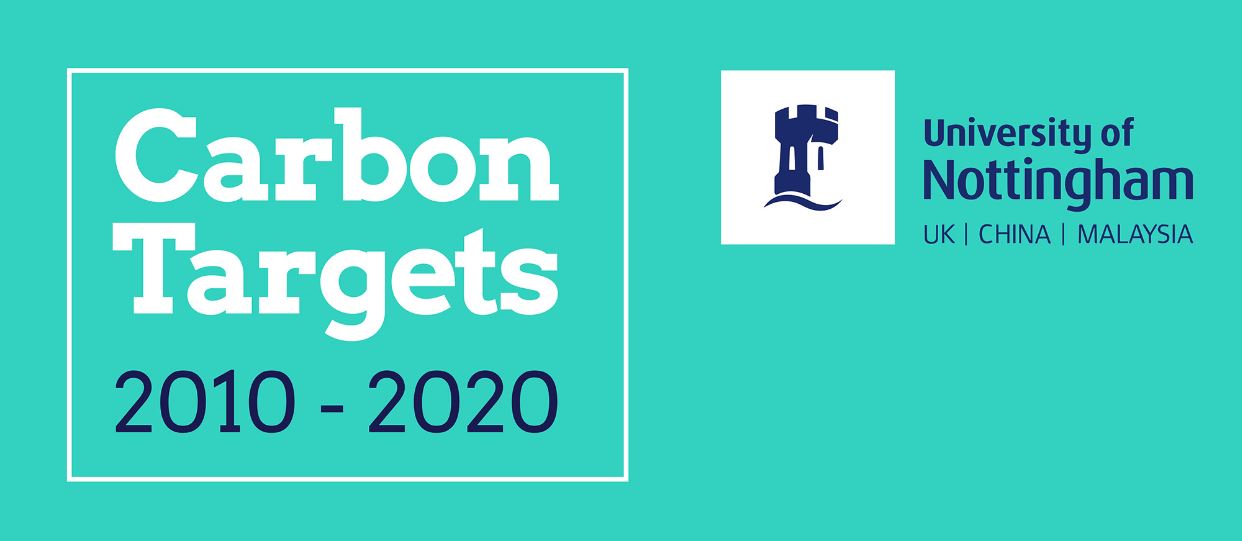Better Transport Week is a chance to change your commute
June 12, 2023
In the UK, transport is responsible for more carbon emissions than any other sector. Better Transport Week, taking place from 17 to 24 June 2024, is a week-long celebration of and campaigning for better sustainable transport. Choosing to travel sustainably is one of the most effective things we can do to look after our environment. …
Going carbon neutral – with your help
March 13, 2023
By Professor Robert Mokaya, Chair of the Environmental Sustainability Committee. As we begin our Sustainability Action Week 2023, it’s good to reflect on the actions and outcomes that have characterised our environmental sustainability journey over the past year. I am pleased that the university made great progress and had some significant achievements in 2022. Here, …
Trying to travel as sustainably as possible by Ryan Neal
March 4, 2022
Over the past few years, I’ve been making a concerted effort to reduce my carbon footprint. I’ve replaced my meat and dairy diet with a vegan one and I swap my car keys for a travel pass wherever I can. My kitchen cupboards are full of environmentally friendly products, and my supermarket commute is now …
COP26: how can the university reach net zero carbon emissions?
November 4, 2021
Following the publication of the University Strategy (2020) and its emphasis on environmental sustainability, the university has set ambitious science-based carbon reduction targets for scope 1 and 2 emissions (predominantly natural gas and grid supplied power use). Reaching net zero Science based targets determine what reduction we need to achieve to deliver ‘our fair share’ …
Gamify university carbon-reduction strategies to encourage action, Nottingham University student suggests
July 23, 2021
With global climate temperatures set to increase by 1.5C between 2030 and 2052, we face an urgent need for genuine and sustained change. As a collective, as a species and as a community, individuals and institutions from all areas of society must come together and act to prevent the impending climate change catastrophe, and universities …
Reducing the University’s carbon emissions
January 25, 2021
At the end of 2020 we were pleased to announce that the University had achieved significant reductions in energy use and carbon emissions over the last 10 years. In 2019/20 alone, our scope 1 (mainly gas and other fuels) and scope 2 (purchased electricity) carbon dioxide emissions reduced by 10% or 4,386 tonnes from 2018/19. Overall, there has been a …
Transport: We are already late to the party
September 14, 2020
David Grant is a Professor of Materials in the Faculty of Engineering at the University of Nottingham. He is also Director of the University of Nottingham’s Beacon in Propulsion Futures: a cross faculty initiative integrating over 100 researchers from different disciplines. To quote Bob Dylan “the times they are a changin’ ” and perhaps …
The Challenge Ahead
August 24, 2020
The entire University was forced to adapt quickly to Covid-19, and everyone rose to the challenge. We have now moved into the ‘recovery phase’; our Energy team are working hard to reopen buildings, so that we can welcome back staff and students to campus. This new phase presents a fresh challenge, that we must all …
Renewable Technology on Campus
This summer, the Estates Development Framework (EDF) was published; its role is to provide direction for future University development and management by setting core goals. The overall theme of the EDF is ‘evolution without a carbon footprint’, and you can read it here. To support the vision of the EDF, and to support the University’s …
Energy- A Universal Challenge?
A guest post by Ben Robinson, a PhD student within the Food, Water, Waste Research Group. Ben discusses his recent work in Nepal and the social, environmental and economic intersections he found there. Energy and sustainability are like peanut butter and jam, fish and chips or eggs and bacon (for you bacon lovers out there), they …










